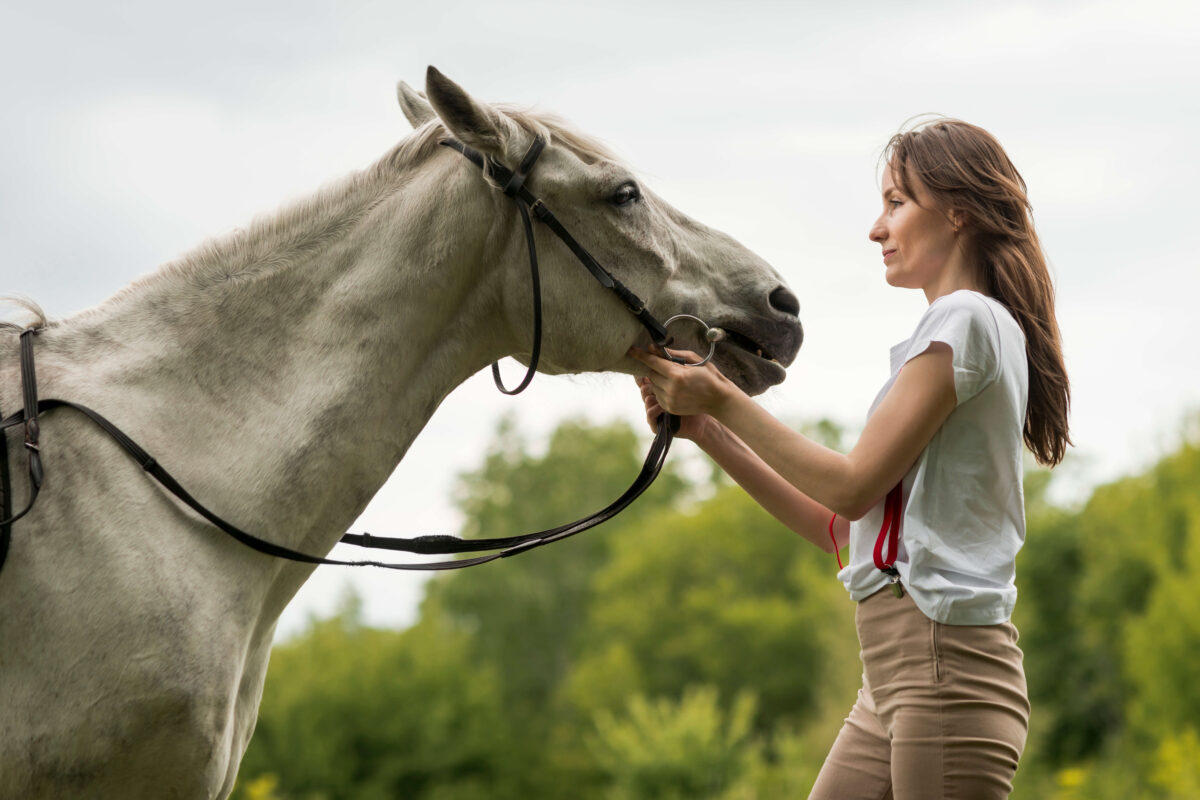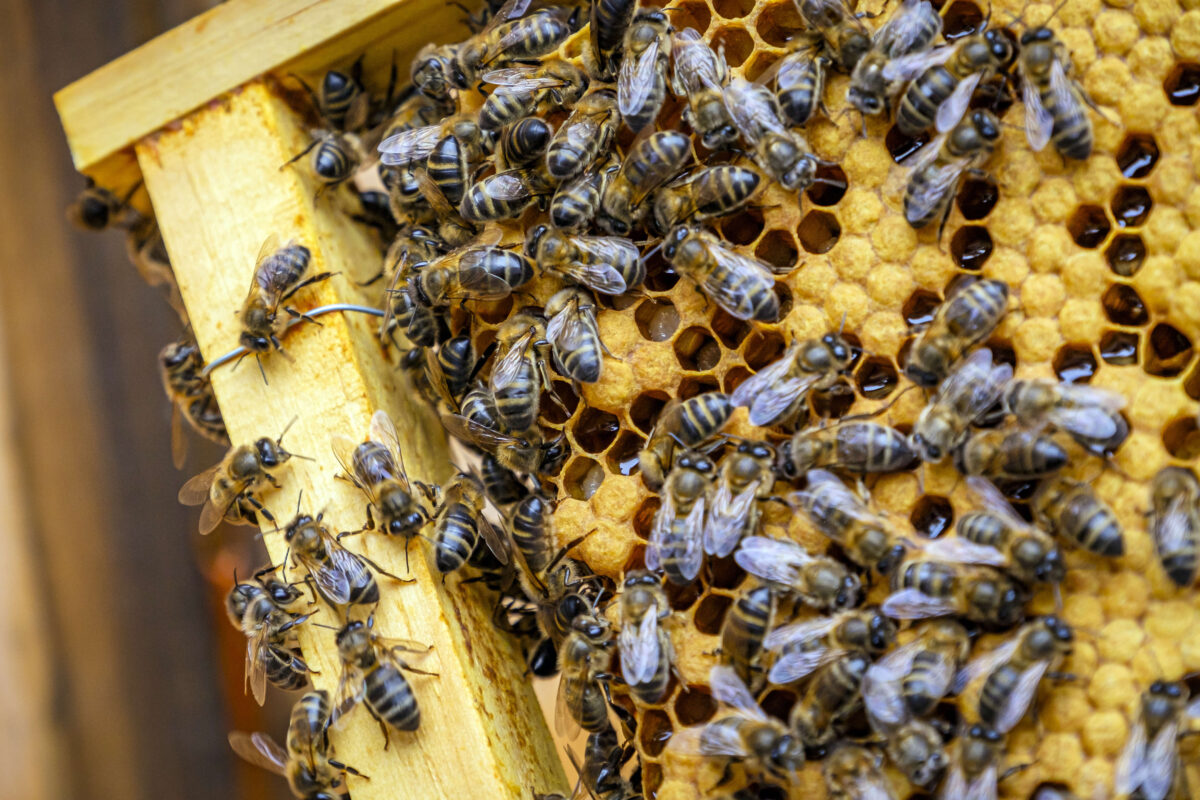Animal welfare organization People for the Ethical Treatment of Animals has welcomed the decision of clothing retailers H&M and C&A, respectively, to ban the use of down and the use of leather and newly plucked down in their products. A report on PETA India’s website earlier this month said C&A announced its new animal welfare policy during the publication of its latest sustainability report on October 10, while H&M—the world’s second-largest clothing retailer—confirmed to PETA U.S. that it had committed to no longer sourcing new down for any of its brands worldwide.
PETA India said the move by H&M and C&A to abjure the use of down in their products would spare ducks and geese the misery of being plucked and dying a painful, terrifying death. C&A’s sustainability report said the use of all leather covering was being ended as of this year. The company’s new animal welfare policy will come into full effect in July.
Also Read: Welfare group exposes travel giant’s complicity in animal cruelty
H&M’s announcement came after a campaign that included appeals from PETA U.S., an appeal from Joker (2019) star Joaquin Phoenix, demonstrations at H&M stores around the world, shareholder resolutions, and letters from more than 150,000 PETA entity supporters. To end the use of all down, irrespective of source, H&M is transitioning to synthetic or post-consumer recycled down for its jackets and home goods by the end of 2025.
Prior to its campaign, PETA U.S. collaborated with H&M to create the Co-exist Story, which featured FLWRDWN, a vegan down made from wildflowers. The collection, which was offered globally, included other sustainably sourced materials like VEGEA, a leather made from grape skin, and ECONYL, a regenerated nylon created from waste such as fishing nets and fabric scraps.
Also Read: Consumers push to uncage the hens that lay those rich eggs
C&A has already phased out other materials derived from animal exploitation, such as fur, angora, mohair, yak wool, squirrel, fox, and camel hair, bones, horns, shells, and coral. As of 2024, the company sells only vegan bags. It is certified “PETA-approved Vegan” and won this year’s Vegan Fashion Award in the “Best Vegan Bag” category for PETA Deutschland.
The fashion industry uses feathers from dead as well as living birds. PETA’s report said that in the down industry, sensitive, highly social animals such as ducks, ostriches, and geese are often forced to spend their entire lives in filthy, dirty enclosures. During live plucking, the terrified birds have their feathers ripped out while fully conscious. Feathers from so-called post-mortem plucking come from animals that have been slaughtered for the meat or leather industry. At slaughterhouses, many of the birds are inadequately stunned before their throats are slit, so they are often still conscious when they are dumped into scalding-hot de-feathering tanks, PETA said.
Also Read: PETA probe alleges horrific abuse at snake farms supplying skins to Gucci
It is no secret that cattle, both cows and buffaloes, are among the greatest victims of the leather industry. The animals endure cruel standard procedures, such as castration, face-branding, and tail and horn docking—all usually without anæsthesia. Work on slaughterhouse assembly lines is often carried out extremely fast. This often leads to animals—whether birds or cattle—being conscious when employees or machines slit their throats. Their skin and hair are then processed into products such as boots, bags, coats, jackets, and purses.
PETA entities have released numerous videos revealing that workers hit, kick, and mutilate sheep for their wool during shearing; leave goats with bloody, gaping wounds at mohair and cashmere operations; slit the throats of cows and buffaloes for leather; ram metal rods down the spines of conscious crocodiles in the exotic-skins industry; suffocate, electrocute, and bludgeon animals to death on fur farms; and boil silkworms alive to produce silk. An investigation by PETA India into Bombay’s licensed municipal slaughterhouse at Deonar revealed appalling cruelty to animals for leather. And then humans claim they are a sentient, intelligent, spiritual species.



